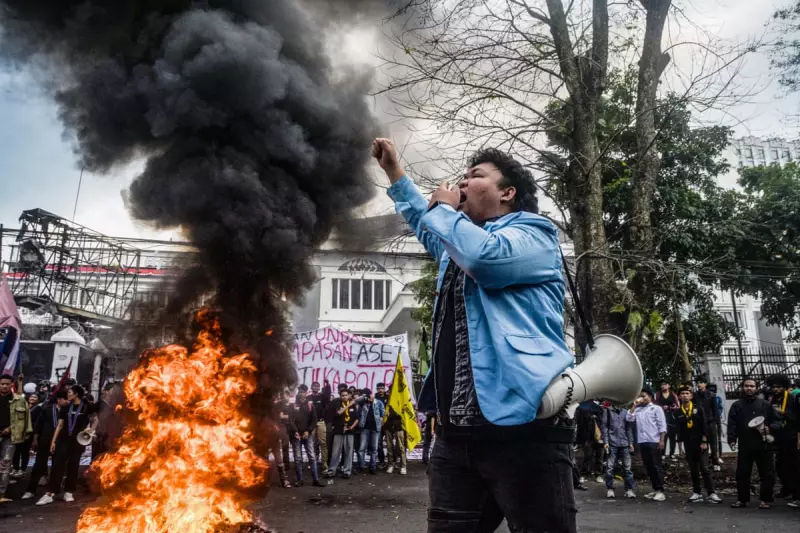
Indonesia is grappling with its most significant civil unrest in recent years, as waves of public demonstrations sweep across the nation. The protests, which began as isolated gatherings, have rapidly escalated into a nationwide movement challenging the government's economic policies.
The Spark That Ignited a Nation
The catalyst for the current upheaval stems from the government's controversial decision to slash crucial fuel and food subsidies. This move, aimed at reducing public spending, has had an immediate and severe impact on the cost of living for millions of ordinary Indonesians. With inflation already biting into household budgets, the subsidy cuts were perceived as the final straw.
A Government Under Pressure
The administration of President Joko Widodo has responded with a mix of firm security measures and public appeals for calm. Authorities have emphasised the long-term economic necessity of the reforms, arguing that the savings are essential for national development projects. However, this messaging has largely fallen on deaf ears among a populace struggling with daily price hikes.
Reports from Jakarta describe a heightened security presence, with police implementing crowd control measures in key protest locations. Despite government assurances that the right to peaceful assembly will be respected, there have been numerous accounts of tense standoffs between demonstrators and security forces.
The Human Impact: More Than Just Politics
Beyond the political implications, the unrest reveals deep-seated anxieties about economic stability. For many families, the rising costs of transportation, cooking oil, and other essentials have made basic subsistence increasingly challenging. This economic pressure has transcended traditional political divisions, drawing participants from across the social and demographic spectrum.
What Happens Next?
Analysts are closely watching whether the government will offer any concessions to quell the discontent. Potential scenarios range from a partial reversal of the subsidy cuts to the introduction of compensatory social welfare programmes. The stability of Southeast Asia's largest economy hangs in the balance, as both protestors and the government appear to be digging in for a prolonged period of negotiation and conflict.
The international community is monitoring the situation with concern, recognising that prolonged instability in Indonesia could have significant ripple effects across global markets and regional security. The coming days will be crucial in determining whether a path to resolution can be found.





